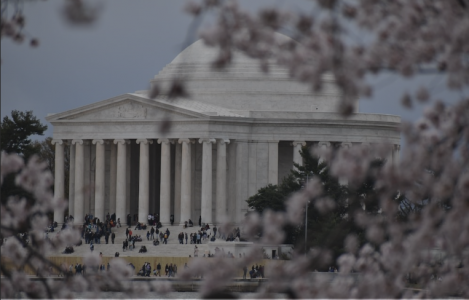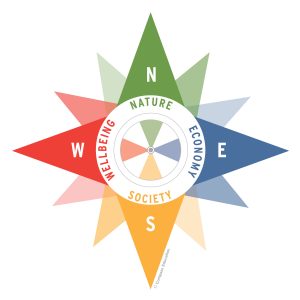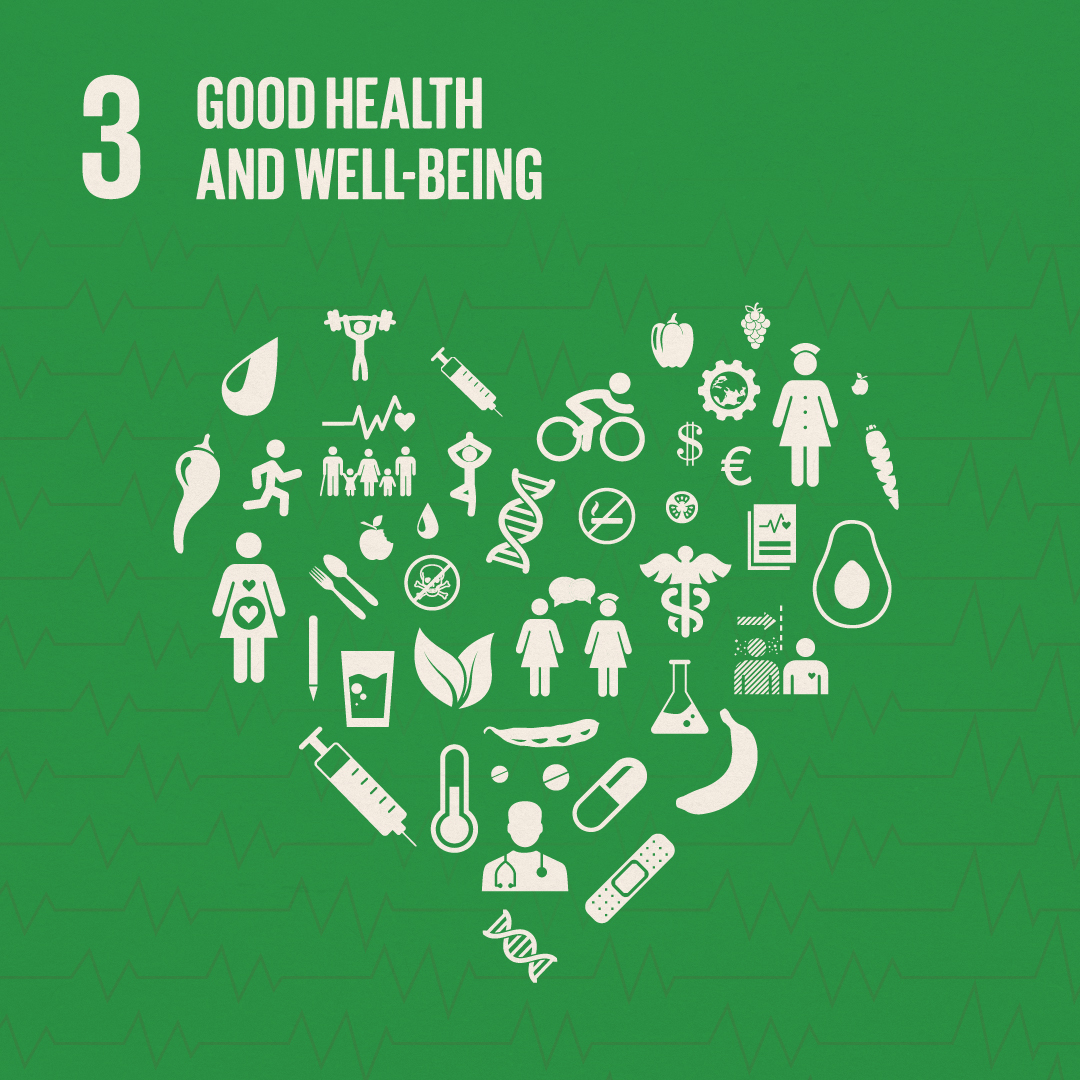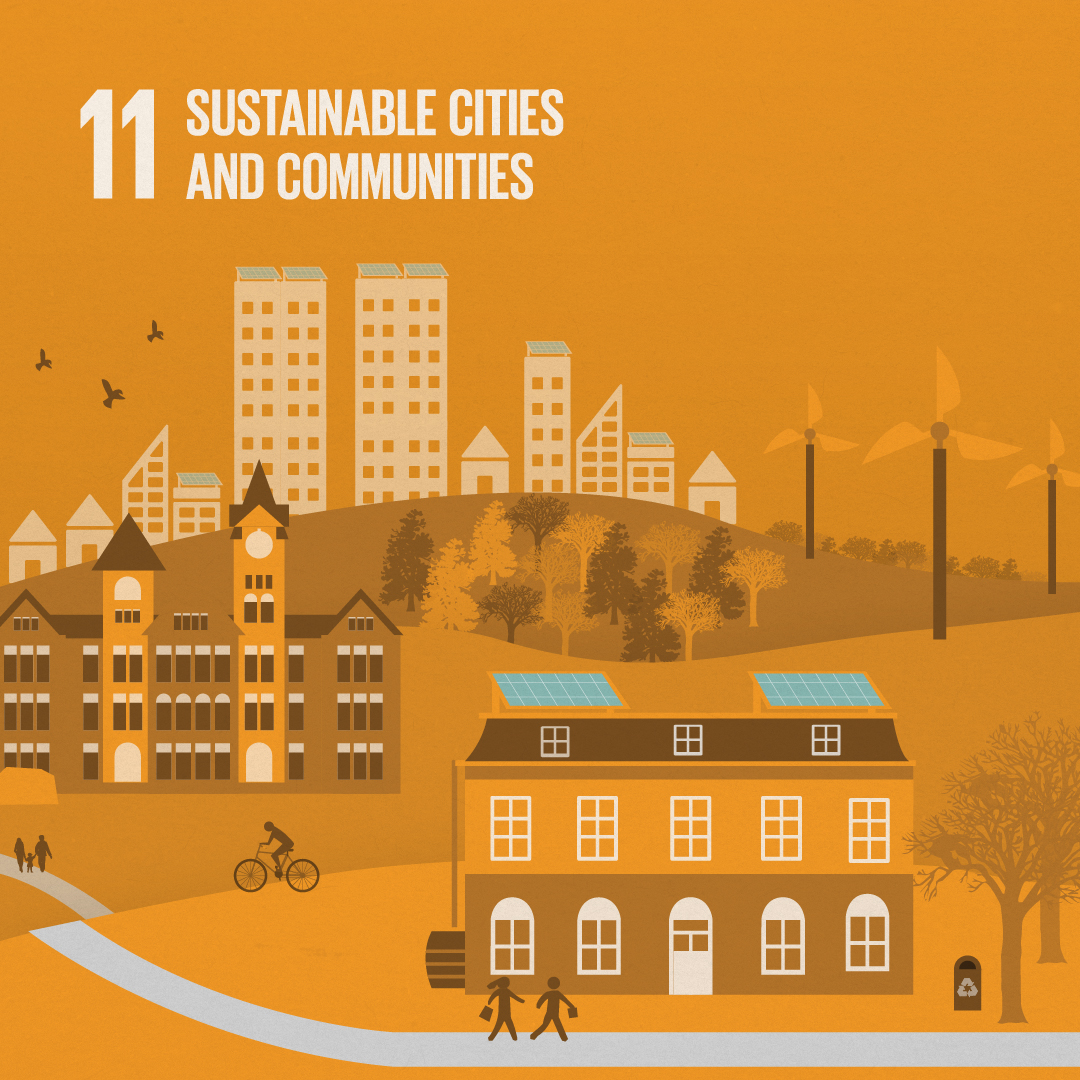“Sustainability is a non-negotiable yardstick against which all our actions, goals, and plans have to be measured.” Robert Costanza
My favorite memorial or monument in Washington, D.C. is the Jefferson Memorial. It is a beautiful structure in a gorgeous setting, especially when cherry blossoms bloom in the spring.

Photo Credit: Neal Sweeney
Each portico of the memorial depicts an engraved quote from Jefferson. My favorite is from a letter he wrote in 1816 that can be found on the Southeast Portico. That quote says in part that “laws and institutions must go hand in hand with the progress of the human mind.”
To paraphrase the entire quote, he wrote that as the human mind becomes more enlightened, new discoveries are made, truths discovered, and circumstances change, institutions must change to keep pace with the times. He goes on to say that we might as well require adults to wear the clothes they wore as children if we are going to require “civilized society to remain ever under the regimen of their barbarous ancestors.”
Jefferson wrote these words thinking about the future, not the past. He knew that one day he himself would be seen as a “barbarous ancestor.” As brilliant and influential as he was, Jefferson was indeed barbarous in some ways. He enslaved other human beings for one thing.
Jefferson’s argument gets at the whole point of sustainability, which is to stimulate progress in laws, institutions, and societies, based on our latest understanding of the world and the circumstances within which we find ourselves. The sustainability movement strives to operate at an arm’s length from our culture to assess in a clear-eyed and systemic way what is working and what is not, what the gap is between what we proclaim to be about and what actually results from our policies and actions, and what changes we need to make to create a healthier future.
The spectacularly good news is that we do indeed have sufficient knowledge to make transformational progress. Furthermore, for the most part, we already do on a small scale everything we need to do to not only solve every global grand challenge, but to go beyond the limitations of problem-solving to envision and create a future that provides “a safe and just place for all of humanity within the means of our life-giving planet (Kate Raworth). “
The problem we face is the inertia of the status quo and the power of interests that selfishly benefit from the way things are done now – even though the status quo does quantifiably terrible damage to many people and the rest of life on Earth. To a significant degree, that is why laws and institutions lag behind and resist innovations that would best serve the common good on behalf of all of humanity.

So, how do we proceed from where we are now to where we need to be to ensure wellbeing for all?
It’s helpful to have a framework handy to understand what we are talking about and how we can take action. The Auburn University Office of Sustainability uses Alan AtKisson’s Sustainability Compass as a framework to identify the system conditions of our world that deserve our attention. Each of the four cardinal points of a compass represents, in English anyway, a system condition for sustainability: N = Nature; E = Economy; S = Society; and W = Wellbeing.
During the 2023-2024 academic year this column will address these four system conditions one by one based on “the progress of the human mind.” We will explore what we know about the current state of Society, Wellbeing, Nature, and the Economy, why we are where we are, and what we can do to transform crises and challenges into opportunities to usher in a future that is livable and abundant.
The realization that things can be tangibly and specifically so much better for all of us can be a powerful motivating force to get involved to help create the policy changes we need locally, state-wide, and nationally. I hope that is the case.
Learn about the SDGs & AU and our contributions related to this post.






